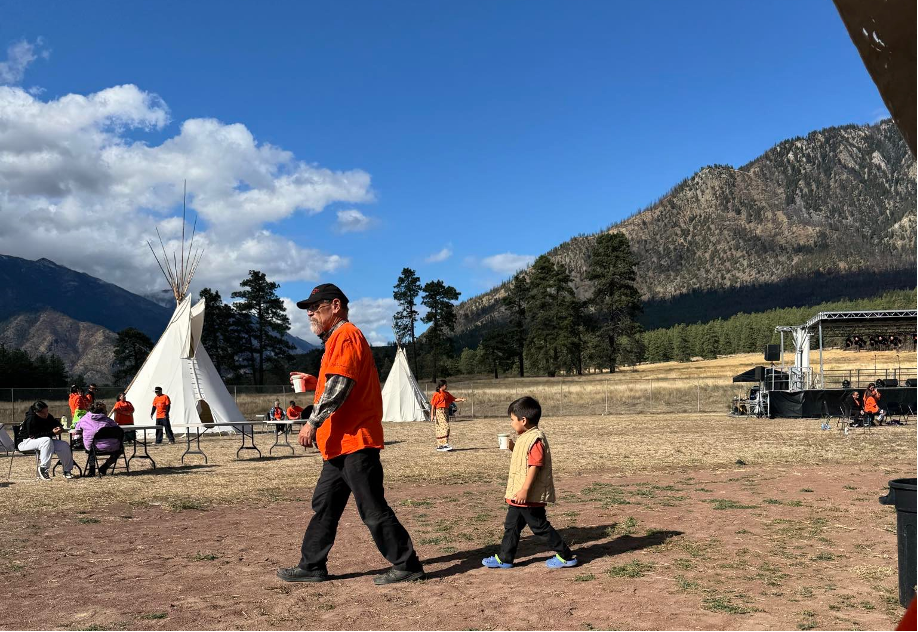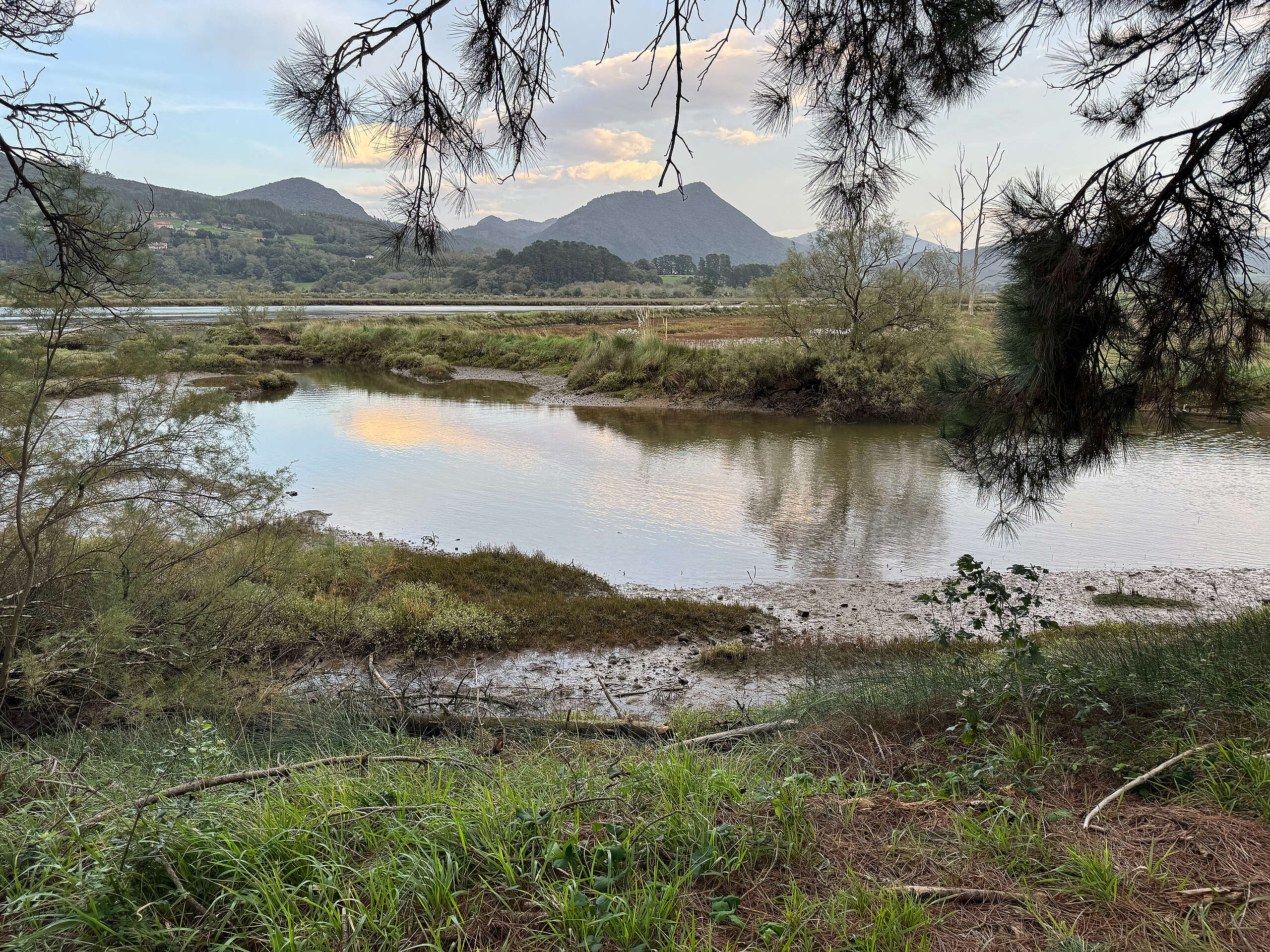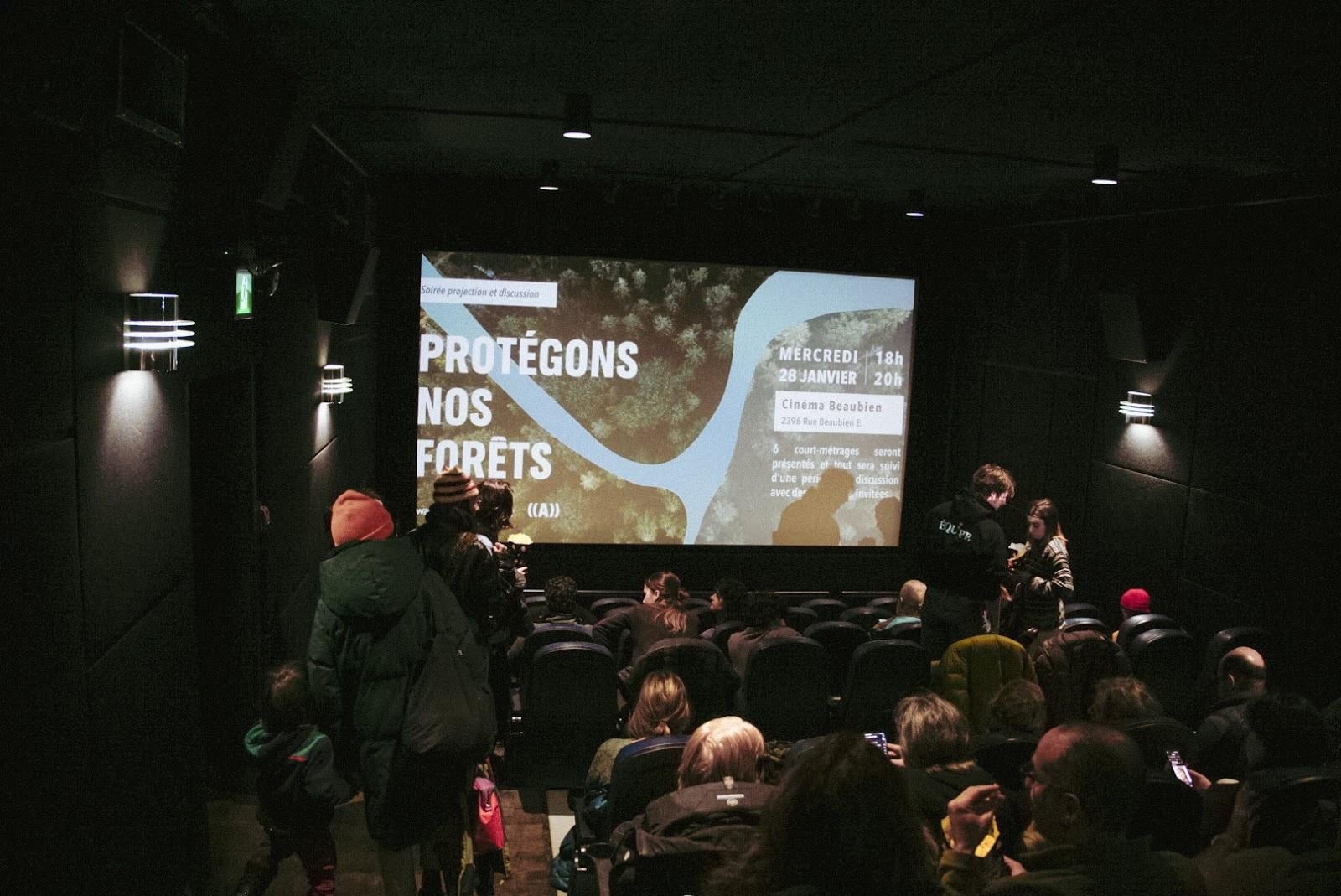MONTREAL – Illegal gold mining remains rampant in the Amazon rainforest despite government efforts to curb it, reveals new analyses of satellite data from 2023 to 2024. The Greenpeace investigation also reveals Canada as the number one destination for Brazilian gold exports in 2024.
According to the report by Greenpeace Brazil, national action to combat this destructive activity is not delivering a decrease, but rather a shift in the Indigenous territories affected: while mining activities reduced in Yanomami, Munduruku and Kayapó land (down 7%, 57% and 31%), Sararé land saw a dramatic surge, with illegal mining up by 93%. In the past two years, the report finds, 4,219 hectares of rainforest have been destroyed by gold miners in these four Indigenous territories – an area equivalent to almost half the total area of Manhattan, or more than 4000 soccer pitches.
Jorge Eduardo Dantas, Indigenous Peoples’ Campaign Lead from Greenpeace Brazil said: “As long as this gold is being bought by foreign countries, this remains a real threat to the Indigenous Peoples, the Amazon forest and the global climate. It’s driving deforestation, killing rivers and poisoning people and biodiversity. We need a sustained and integrated approach to fight illegal gold mining – from Brazil’s side and from the countries importing it.”
The report “Toxic Gold” by Greenpeace Brazil traces the path of illegal gold from the Amazon to global markets. As detailed in the report, in 2024, the top three destinations for Brazilian gold exports were Canada, Switzerland, and the United Kingdom – major international hubs for refining and trade. [1]
Global demand driving illegal mining is unlikely to slow. In 2024 alone, the price of gold rose by 44%, and many central banks are declaring their intent to stock up on gold reserves.
In reaction to the report, Salomé Sané, Nature & Biodiversity campaigner at Greenpeace Canada said:
“There is no such thing as ethical gold from the Amazon: Amazon gold is toxic gold. Greed is destroying what we cannot replace, and as the top gold importer from Brazil, Canada has become an accomplice to the continued destruction of the Amazon rainforest. Illegal gold mining isn’t just wrecking the local environment, it’s also dangerously impacting Indigenous Peoples and local communities, actively contributing to biodiversity loss and threatening our planet’s future. We need global leaders, including our next Prime Minister, to enforce responsible ethical supply chain practices, and prevent illegal mining imports from one of the world’s most precious ecosystems”.
Illegal gold mining is a major driver of biodiversity loss and social tensions in Brazil, disproportionately affecting Indigenous communities and other vulnerable groups. Scientists have found that mercury used in extraction contaminates the forest and waterways, endangering wildlife and human health.
Lula’s predecessor, far-right President Jair Bolsonaro deliberately weakened environmental controls in the Amazon. This triggered an explosion in exploration between 2018 and 2022, with a staggering 265% increase in illegal gold mining on indigenous lands. Since 2023, the current Brazilian government has intensified security and monitoring efforts in key areas. But Greenpeace Brazil’s research shows that illegal mining continues to adapt and spread across the forest – underscoring the urgent need for sustained, long-term strategies.
With the federal election campaign fully underway, this report is a reminder to federal party candidates that Canada has a responsibility to protect nature beyond its borders when its companies are involved.
The Brazilian Supreme Federal Court recently ruled to close a legal loophole that had allowed buyers to accept gold without proving its origin, enabling illegal mining—often in Indigenous territories – to flourish unchecked. Gold buyers must now verify the legality of their purchases, and the government is required to enforce stricter oversight. The decision marks a crucial step in combating illegal mining. However, Greenpeace Brazil stresses that further action is needed to ensure lasting protection. In Canada, Greenpeace is urging the next government to ensure Canadian companies are not tied to illegal gold mining supply chains.
ENDS
Photos are available in the Greenpeace Media Library. The full report is available here. The executive summary is available here.
Notes:
[1] Table from Greenpeace Brazil’s “Toxic Gold” report shows the top Brazilian gold export destinations in 2024
| Destination country | Trade value (USD) | Net weight (t) |
| Canada | $1.838.546.881 | 29.4 |
| Switzerland | $948.234.974 | 16 |
| UK | $579.388.660 | 7.5 |
| UAE | $211.441.948 | 3 |
| USA | $185.659.448 | 2.8 |
| Germany | $155.350.990 | 2.2 |
| India | $29.515.833 | 0.4 |
For more information please contact:
Miryam Nadkarni, Press Officer, Forests campaign, Greenpeace Germany, +49 160-3319793, [email protected] (available 9am-4.30pm CEST)
Greenpeace International Press Desk, +31 (0)20 718 2470 (available 24 hours), [email protected]
Salomé Sané, Nature & Biodiversity campaigner, Greenpeace Canada
[email protected] ; +1 778-961-0121



